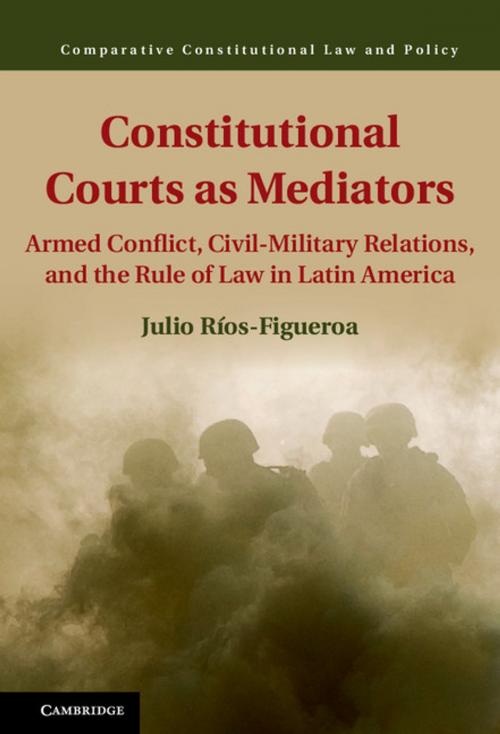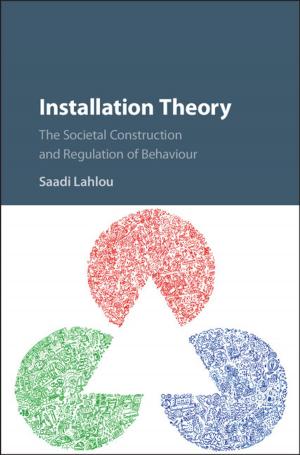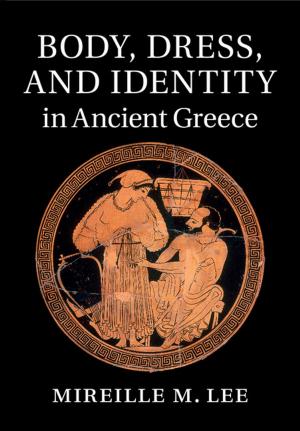Constitutional Courts as Mediators
Armed Conflict, Civil-Military Relations, and the Rule of Law in Latin America
Nonfiction, Reference & Language, Law, Constitutional, Social & Cultural Studies, Political Science| Author: | Julio Ríos-Figueroa | ISBN: | 9781316681763 |
| Publisher: | Cambridge University Press | Publication: | April 15, 2016 |
| Imprint: | Cambridge University Press | Language: | English |
| Author: | Julio Ríos-Figueroa |
| ISBN: | 9781316681763 |
| Publisher: | Cambridge University Press |
| Publication: | April 15, 2016 |
| Imprint: | Cambridge University Press |
| Language: | English |
This book offers a new theoretical framework for understanding the mediator role played by constitutional courts in democratic conflict solving. The book proposes an informational theory of constitutional review in which constitutional courts obtain, process, and transmit information to parties in a way that reduces the uncertainty causing their conflict. The substantive focus of the book is the role of constitutional courts in democracies where the armed forces are fighting internal armed conflicts of different types: Colombia, Peru, and Mexico in Latin America and also Israel, Turkey, and Pakistan. Through detailed analyses of the political context, civil-military relations, and the constitutional jurisprudence on military autonomy and the regulation of the use of force the book shows that constitutional courts can be instrumental in striking a democratically accepted balance between the exercise of civilian authority and the legitimate needs of the military in its pursuit of order and national security.
This book offers a new theoretical framework for understanding the mediator role played by constitutional courts in democratic conflict solving. The book proposes an informational theory of constitutional review in which constitutional courts obtain, process, and transmit information to parties in a way that reduces the uncertainty causing their conflict. The substantive focus of the book is the role of constitutional courts in democracies where the armed forces are fighting internal armed conflicts of different types: Colombia, Peru, and Mexico in Latin America and also Israel, Turkey, and Pakistan. Through detailed analyses of the political context, civil-military relations, and the constitutional jurisprudence on military autonomy and the regulation of the use of force the book shows that constitutional courts can be instrumental in striking a democratically accepted balance between the exercise of civilian authority and the legitimate needs of the military in its pursuit of order and national security.















